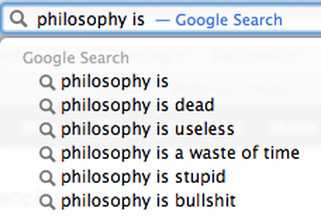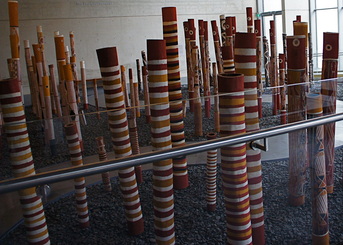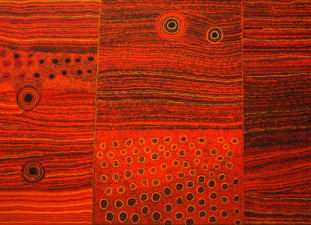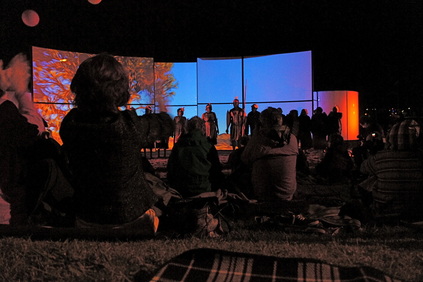
Type the words "philosophy is..." into a google search bar and these are the results you get:
What a tragedy for this once noble discipline. How can "the love of wisdom" ever be described as stupid or a waste of time? Why is so much philosophy these days viewed as useless bullshit by the general public? Is philosophy really dead? I certainly don't think it has to be this way.

So far, death comes to us all. Given that there is no afterlife, there is nothing to fear in death. Without a body, we can feel no physical pain. Without a body, there can be no mind struggling with the continual turmoil of the battle between life and death. Death marks an end to the possibility of pleasure or happiness though so it is to be avoided as long as these are available to us. When our time comes to die, we will want to look back on a life well lived and not be overwhelmed by regrets or doomed to an eternity of poor remembrance by society. Live well to die well.
In some aboriginal tribes, when a member of the group dies, their body is washed, painted with symbolic designs, sung over, mourned, and then placed on a burial platform. Once the body has decayed, the bones are recovered and distributed to relatives in a small ceremony. After waiting a varying length of time - which may be up to many years - the relatives hand over the bones to ceremonial leaders for them to hold what is called a Hollow Log ceremony. The logs, hollowed out naturally by termites, are found, cleaned, and painted with relevant designs. The bones are cleaned, painted with red ochre, and placed in the log during special dances. Once a series of songs and dances have been completed to celebrate the life of the person who has died, their log is carried and danced into the main public camp and stood upright, where it is left for years like a tombstone with an epitaph in a cemetery.
I like the fact that this ancient precursor to our modern burial rituals takes weeks and then years to complete. I don't have a clear window into the effect this has on the surviving people of the community, but I have to believe this lengthy process has several results. Those still alive must spend more time in contemplation remembering the lives of those that have died. Dying members must feel comforted that they will not be forgotten any time too soon. And all people must be reminded more often that they had better live well to ensure they are thought well of during these long ceremonial burials. These are all good things.
And so, with this short meditation on death, I've come to the end of my essays "concerning me" in the quest to know thyself. I hope they have helped make the case that philosophy is indeed not dead. Philosophies are the way we guide our lives whether we consciously think about them or not, and so they really should be examined more closely if we want our lives to prepare us well for their eventual end. Spread that word among your own community. Remember those who have died. Resolve to live so as to be remembered well.
On that note, I'll be off living well for the next three weeks. I'm going touring to New Zealand to relax, enjoy an awe inspiring landscape, and hopefully find lots of new things to bring to my life and my writing. I'll be back soon with more challenging Socratic questions, but while I'm away, may you rest in peace.




